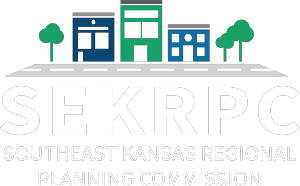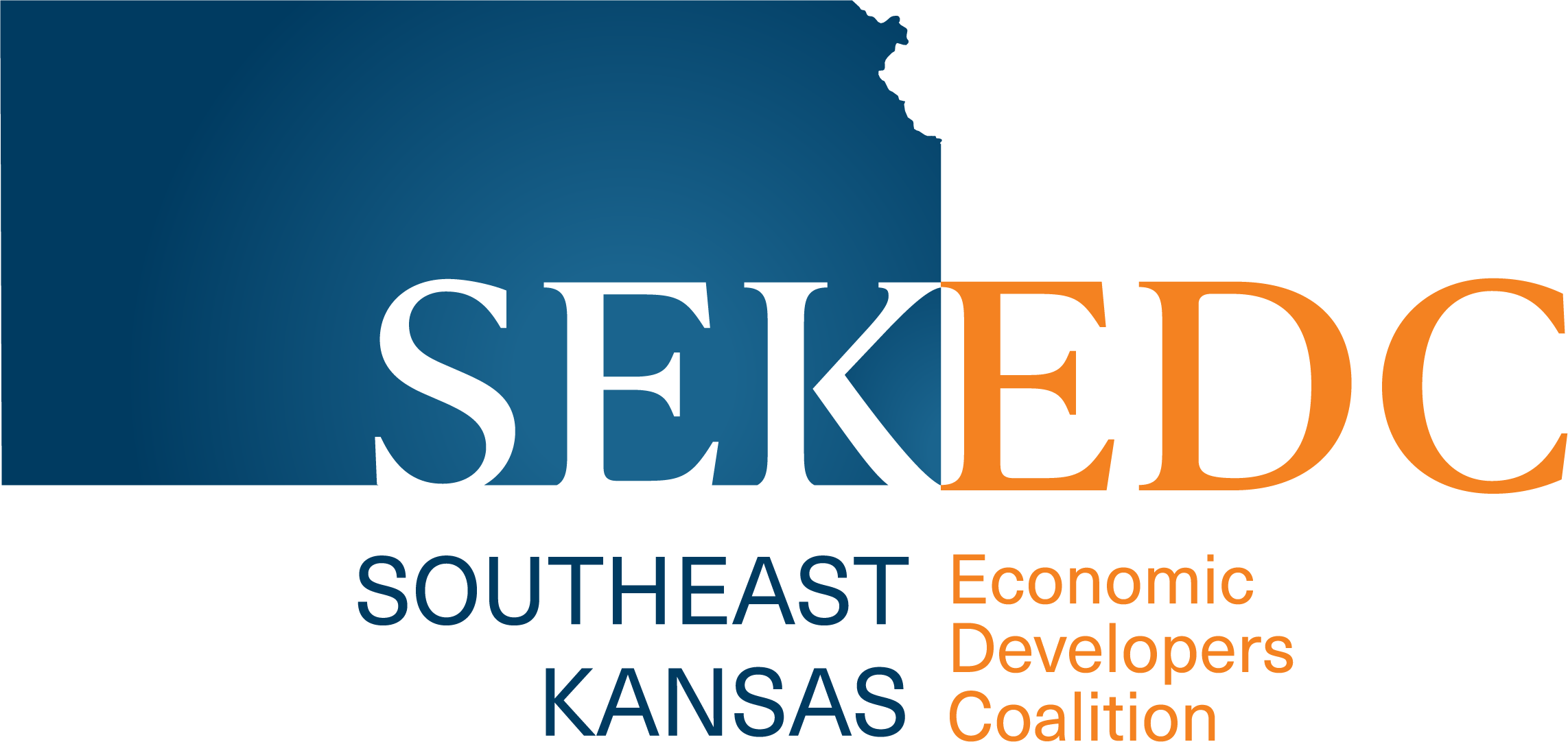Housing Programs
As is typical with rural communities, aging housing stock has become a high priority need. Housing has a direct impact on economic development. If you cannot provide adequate housing, attracting new business will be difficult. While there is no one boilerplate solution to this complex issue, there are a variety of tools and resources that are available.
Tools/Resources
Kansas Statewide Housing Needs Assessment 2021 -
In 2021, KHRC and the Office of Rural Prosperity launched the state’s first comprehensive housing needs assessment in nearly 30 years, aiming to address a decades-long shortage of data on existing housing resources and current and projected needs. A lack of quality, affordable housing is widely recognized as one of the state’s biggest barriers to growth and development, particularly in rural and underserved communities. The Office of Rural Prosperity’s Housing Work Group, an interagency team of state leaders, identified a comprehensive assessment as the crucial first step in addressing the state’s housing needs and identifying development priorities.
Housing Assessment Tool (HAT) –
The HAT was designed as a tool to assist communities to become more aware and informed of their current inventory in order to develop relevant strategies for housing improvement.
After completing the HAT, a community is encouraged to attend a Housing Inter-agency Advisory Committee (HIAC). HIAC is a meeting where the community presents their HAT to Kansas Department of Commerce, Kansas Housing Resource Corporation, USDA-Rural Development and Federal Home Loan Bank .
For more information contact Linda Hunsicker at (785) 215-4484 or Linda.Hunsicker@ks.gov.
Land Banks –
According to Wikipedia, Land banks are quasi-governmental entities created by counties or municipalities to effectively manage and repurpose an inventory of underused, abandoned, or foreclosed property. They are often chartered to have powers that enable them to accomplish these goals in ways that existing government agencies cannot.
Land banks are becoming more popular in Kansas communities as the benefits of a land bank are becoming known. In 1996 and 2009, the Kansas Legislature authorized cities to establish land bank via ordinance and counties via resolution.
Vacant, abandoned, and tax-delinquent properties are often grouped together as “problem properties” because they destabilize neighborhoods, create fire and safety hazards, drive down property values, and drain local tax dollars. In some sense, these are properties the private market has altogether rejected.
Land banks, in essence, are a direct response to this growing trend of vacancy and abandonment, created to strategically acquire problem properties and convert these liabilities into assets. In short, land banks are intended to acquire title to these problem properties, eliminate the liabilities, and transfer the properties to new, responsible owners in a transparent manner that results in outcomes consistent with community-based plans.
Most land banks have special powers that enable them to undertake these activities more effectively and efficiently than other public or nonprofit entities. When thoughtfully executed, land banking can resolve some of the toughest barriers to returning land to productive use, helping to unlock the value of problem properties and converting them into assets for community revitalization.
Some examples include Lyons, Pittsburg, Arkansas City, Neodesha
Resource Links
Land Bank Authorities: A Guide for the Creation and Operation of Local Land Banks (From the Local Initiatives Support Coalition)
Frequently Asked Questions on Landbanks (From Center for Community Progress)
The Legal Basis for a Land Bank in Kansas (Report by the Public Health Law Center at William Mitchell College of Law, St. Paul, Minnesota, made possible with funding from the Kansas Health Foundation)
Neighborhood Revitalization Program (NRP) –
An NRP uses a tax rebate to encourage rehabilitation of existing properties, as well as the development of new properties. K-State provided a brief on the program in 2018 which cited examples of successful NRP programs in the State, NRP Brief. Contact us if you would like examples of some of the local NRPs.
Rural Housing Incentive District (RHID) - RHID
RHID is a program designed to aid developers in building housing within rural communities by assisting in the financing of public improvements. RHID captures the incremental increase in real property taxes created by a housing development project for up to 25 years. In order to take advantage of the incentive, property must be within a redevelopment district. Districts are defined by the City or County and must be based on the Housing Needs Analysis. RHID is authorized for any city in Kansas with a population less than 60,000 or for any county with a population of less than 80,000.
Permitted uses for the reimbursements include:
- Certain land acquisition cost
- Payment of relocation assistance
- Site preparation
- Sanitary and storm sewers and lift stations
- Drainage conduits, channels, and levees
- Street grading, paving, curbs, and gutters
- Street lighting fixtures, connection and facilities
- Underground public and limited private utilities
- Sidewalks
- Water mains and extensions
- Renovation of buildings or other structures more than 25 years of age primarily for residential use located in a central business district as approved by the secretary of commerce. Certification of the age of the building or other structure shall be submitted to the secretary by the governing body of the city or county with the resolution as provided by K.S.A. 12-5244, and amendments there to. Eligible residential improvements shall include only improvements made to the second or higher floors of a building or other structure. Improvements for commercial purposes shall not be eligible.
For more information contact Robert North at (785) 296-6004 or Robert.North@ks.gov
Moderate Income Housing Program -
The Moderate Income Housing program (MIH) aims to helps cities and counties develop new infrastructure and housing in rural areas. The program serves the needs of moderate-income households that don’t qualify for federal housing assistance. MIH grants and/or loans are awarded to cities and counties to develop multi-family rental units and single family for purchase homes in communities with populations fewer than 60,000 people.
For more information contact Alissa Ice at (785) 217-2036 or aice@kshousingcorp.org
The National Housing Trust Fund assists communities and developers with increasing the supply of rental housing that is affordable to low-income households.
For more information contact Barry McMurphy, (785) 217-2024, bmcmurphy@kshousingcorp.org
Private Activity Bond Allocation -
Private Activity Bonds provide low interest, long-term financing options for developers and businesses. This tax-exempt bond program provides 4% floating tax credits, which provide a source of equity to the developer, allowing them to offer lower rental rates to serve low-income households.
For more information contact Alissa Ice at (785) 217-2036 or aice@kshousingcorp.org
Low Income Housing Tax Credit (LIHTC)
The Low Income Housing Tax Credit encourages housing by providing credits to offset an investor’s federal income tax liability. Financial institutions, such as banks, insurance companies and government-sponsored enterprises, make equity investments in exchange for receiving the tax credits. Equity from the sale of tax credits reduces the amount of debt financing the property owner incurs. This process reduces the property’s monthly debt service, lowers the operating costs, and makes it economically feasible to develop affordable housing.
For more information contact Alissa Ice at (785) 217-2036 or aice@kshousingcorp.org
The HOME Rental Development Program assists communities and developers with increasing the supply of affordable rental housing. The program helps communities, via housing developers, respond to housing issues and needs in underserved areas.
For more information contact Barry McMurphy, (785) 217-2024 or bmcmurphy@kshousingcorp.org
Community Development Block Grant (CDBG) Housing Program -
The CDBG housing funds may be awarded to non-entitlement communities to add 20 years of useful life to the homes within their communities occupied by low-to-moderate income citizens. Eligible activities for Housing grants include home rehabilitation, demolition, neighborhood development, and home-based business rehabilitation. All homeowner households receiving assistance must meet LMI guidelines. Rental rehabilitation may include existing rental housing or the conversion of existing non-housing structures to new housing.
Before a community considers a housing grants they MUST complete a Housing Assessment Tool (HAT) to determine their needs and are encouraged to attend a Housing Interagency Advisory Committee meeting. The maximum grant amount for housing is $300,000 and neighborhood development is $500,000.
For more information contact Linda Hunsicker at (785) 215-4484 or Linda.Hunsicker@ks.gov
Housing Preservation Grant Program –
USDA’s Housing Preservation Grants provide qualified, public, non-profit organizations and public agencies funding to assist very-low and low-income homeowners to repair and rehabilitate their homes in rural areas.
For more information contact Deborah Corr at (785) 271-2700 or KSDirect@ks.usda.gov
NDC’s affordable housing program. Syndicated multi-investor funds provide equity capital for the construction and rehabilitation of affordable housing using Low Income Housing, Historic Preservation and Renewable Energy Tax Credits.
Emergency Solutions Grant (ESG) Program -
The ESG replaces the Emergency Shelter Grant Program and expands the eligible activities to include homeless prevention and rapid re-housing components.
The five components available for ESG funds include street outreach, emergency shelter, homelessness prevention, rapid re-housing assistance and data collection through the Homeless Management Information System (HMIS).
For more information contact James Chiselom at (785) 217-2046 or jchiselom@kshousingcorp.org.


